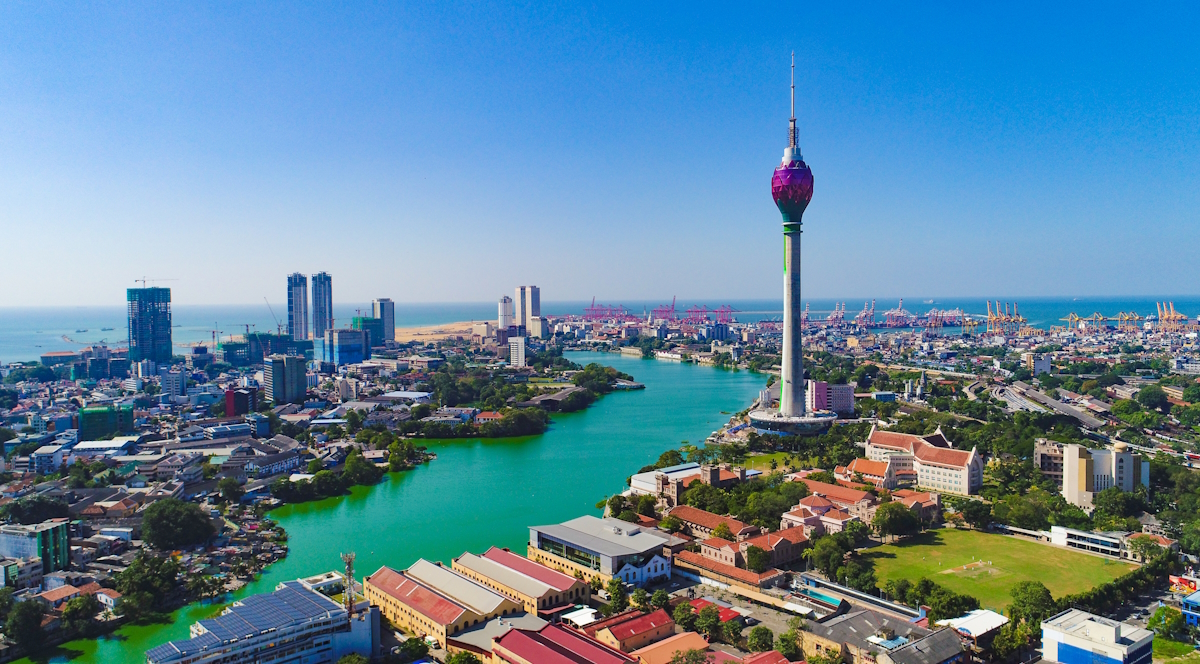Sri Lanka’s economic recovery is starting to gain momentum. The latest updates by the World Bank and the International Monetary Fund (IMF) highlight improvements in inflation and revenues.
“Reforms and policy adjustments are bearing fruit,” said Peter Breuer, Senior Mission Chief for Sri Lanka at the IMF, in a press briefing in mid-June.
In the first quarter of 2024, the economy grew 5.3%, exceeding market expectations. Inflation was 0.9% in May 2024, compared to 12% in June 2023, and the primary balance improved to a surplus. For this year, the Asian Development Bank, Central Bank of Sri Lanka, and the IMF are projecting 2-3% GDP growth.
However, the economy is still vulnerable, grappling with high poverty rates, income disparity, and labour market issues. Thus, support continues.
On June 12, 2024, Sri Lanka passed the second review by the IMF, which provided the country with immediate access to about $336 mn to support its economic policies and reforms. The International Monetary Fund has supported Sri Lanka so far with about $1 bn.
“The program continues to support Sri Lanka’s efforts to restore macroeconomic stability and debt sustainability, mitigate the economic impact on the poor and vulnerable, rebuild external buffers, safeguard financial sector stability and strengthen governance and its growth potential,” Breuer said.
Sri Lanka’s economic crisis began in 2019 and was exacerbated by the Covid-19 pandemic and the Ukraine-Russia war. High debt levels and fiscal deficits constrained the economic management capabilities. The country’s key economic sectors, agriculture and tourism, were severely hit.
Sri Lanka’s economic recovery notable on the ground
According to Ruchir Desai, co-fund manager of the AFC Asia Frontier Fund, who recently travelled to Sri Lanka, the capital Colombo is already bustling again with tourists despite being in the off-season.
“Sri Lanka’s tourism sector has seen a major revival with the first half of 2024 bringing in almost 1 million tourists, which should allow the country to get to around 2 million arrivals by the end of this year, and this will be almost back to pre-pandemic levels. This will be a huge boost to foreign exchange reserves as the tourism sector should be able to generate around $3.5 bn in foreign exchange income in 2024,” Desai said.
The fund manager also noted that the sentiment of local companies was changing. “Almost all the companies I met in Colombo were cautiously optimistic about their future outlook, and 1Q24 results for most companies in Sri Lanka have been good, led by the banking sector, which has seen exceptional results on the back of lower provisioning costs,” Desai reported.
One key concern for the country is the upcoming Presidential election scheduled for September-October 2024. “An upcoming election in any country makes investors a bit nervous, but in Sri Lanka’s case, even more so because of the ongoing reforms linked to the IMF program. A concern among investors is that if a new President/party is elected, this could mean renegotiation of the IMF program,” said Desai. “However, I doubt that this concern will play out in a significant manner.”
He argues that given Sri Lanka’s economic balance and geopolitical interests, any political party winning the upcoming election will have little choice but to continue with the existing path of economic reforms.










 Australia
Australia China
China India
India Indonesia
Indonesia Japan
Japan Malaysia
Malaysia Philippines
Philippines Singapore
Singapore South Korea
South Korea Taiwan
Taiwan Thailand
Thailand Vietnam
Vietnam
 Germany
Germany Hong Kong
Hong Kong USA
USA Switzerland
Switzerland Singapore
Singapore








